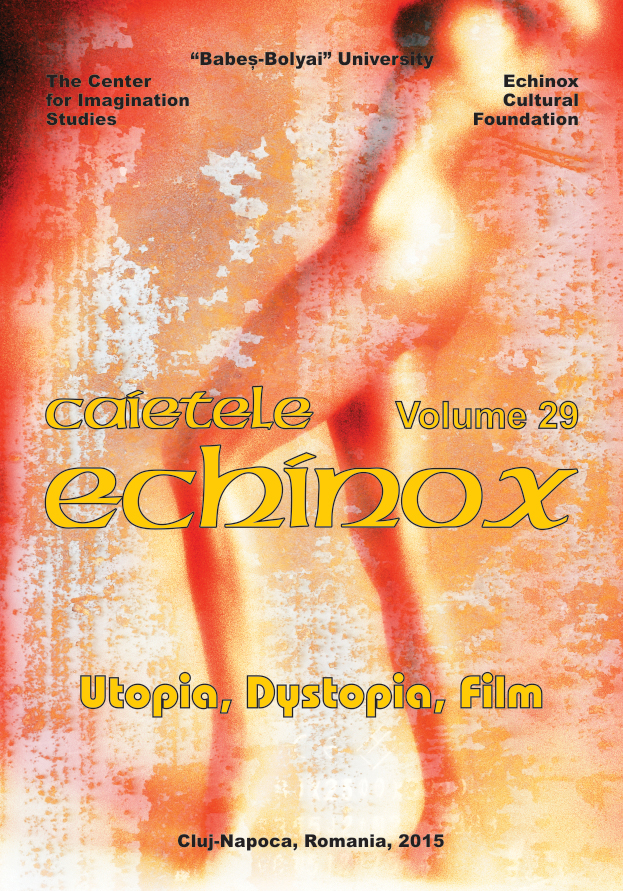The Death of Individual Freedom and its Mass Effects over the Young Generation in Roberto Faenza’s H2S
The Death of Individual Freedom and its Mass Effects over the Young Generation in Roberto Faenza’s H2S
Author(s): Cristian PaşcalăuSubject(s): Film / Cinema / Cinematography
Published by: Universitatea Babeş-Bolyai
Keywords: Roberto Faenza; Dystopia; Utopia; Drama; Surrealism; Science; Science-Fiction; Technocracy; Education; Young Generations; Absurd; Identity; Individual Freedom; Collective Freedom; Repression.
Summary/Abstract: This article studies some aspects of fiction making in the Roberto Faenza’s futuristic dystopia H2S. We tackle mainly the concept of individual freedom and its dissolution as it appears represented in the movie, along with the severe consequences this process bears. The satire against Italian bourgeoisie becomes a manifesto against any kind of repression, mainly the repression that hits young generations. In fact, Faenza warns about the dangers hidden beneath the surface of a vitiated educational system. Posing social problems such as order, legality, identity, freedom, happiness, collective welfare and so on, he tries to capture a panoramic view on the critical points that drive civilization to a future break-down. Anthropologically speaking, the movie explores the idea of a global recontextualization in the field of collective consciousness and asks serious questions about the endless desire to cope with an improved technological frame and about the disclosure of unity or split this process brings along. We undertake an inquiry into these prospects within a philosophical and anthropological framework.
Journal: Caietele Echinox
- Issue Year: 2015
- Issue No: 29
- Page Range: 111-119
- Page Count: 9
- Language: English
- Content File-PDF

